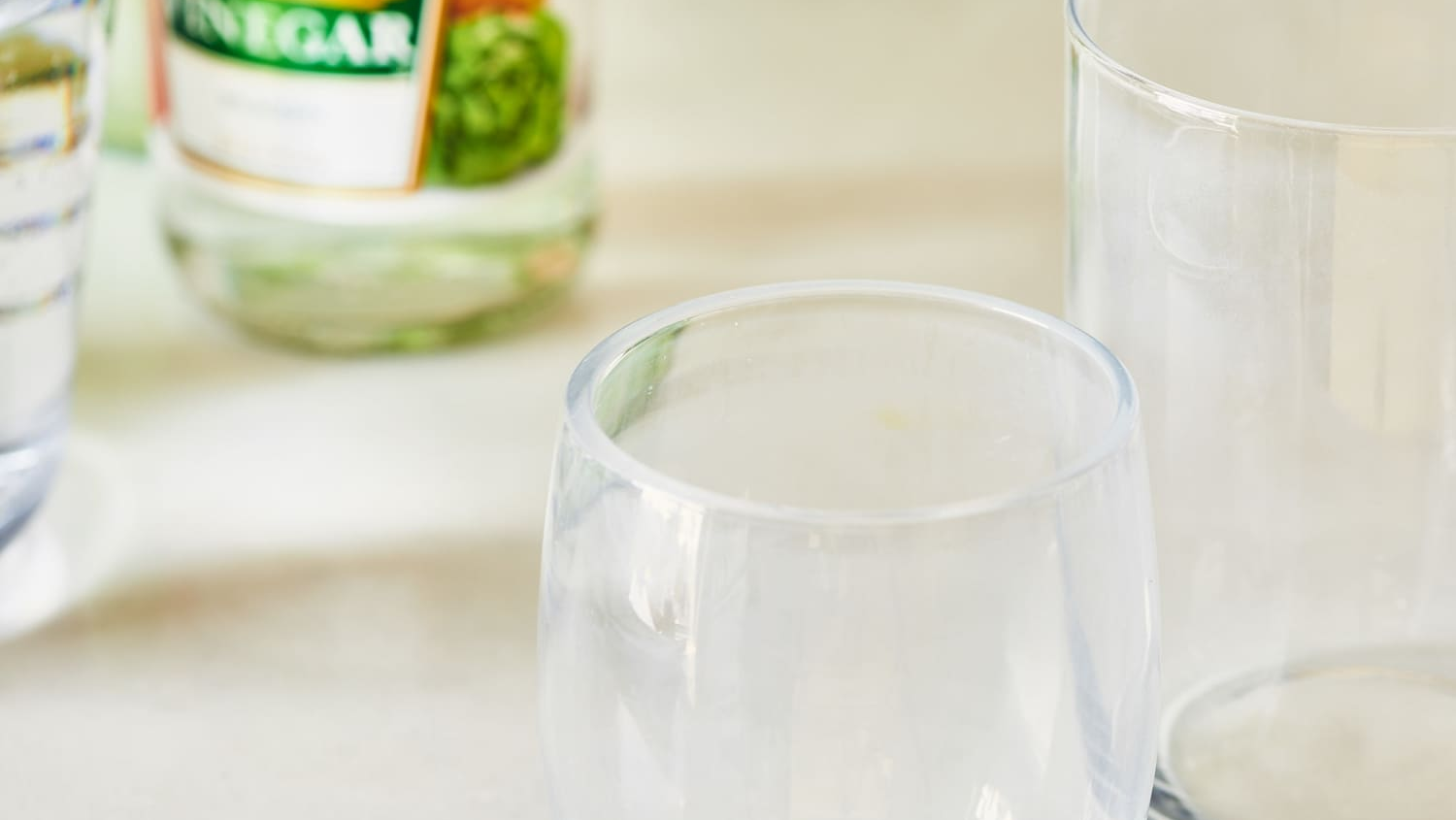Now Reading: Why Your Dishes Stay Cloudy and How to Fix It Fast 2025
-
01
Why Your Dishes Stay Cloudy and How to Fix It Fast 2025
Why Your Dishes Stay Cloudy and How to Fix It Fast 2025

Table of Contents
Cloudy dishes and glasses can be frustrating. You pull them out of the dishwasher expecting a clean shine, but instead, you’re left with dull, foggy surfaces that look dirty, even though they’re not. Whether it’s hard water deposits or detergent residue, cloudy dishes are a common household problem that many people face every day.
But don’t worry. You don’t need to replace your dishes or invest in expensive products to fix the issue. In this guide, we’ll explore the reasons behind cloudy dishes and the most effective, budget-friendly ways to restore their sparkle.
Why Are My Dishes Cloudy?
Before you fix cloudy dishes, it’s important to understand why it happens. The most common reasons include:
1. Hard Water Buildup
Hard water contains high levels of minerals like calcium and magnesium. When your dishwasher runs, these minerals can cling to the surface of glass and other dishware. Over time, this leaves a chalky, whitish film that looks cloudy.
2. Etching
If your dishes appear permanently foggy or scratched, it may not be due to residue at all. Etching is a permanent form of damage that happens when the surface of the dish is worn down, often due to too much detergent, very hot water, or harsh scrubbing.
3. Detergent Residue
Sometimes, cloudy film is simply leftover detergent that didn’t rinse off properly. Using too much detergent or a low-quality one can result in streaks or haze on dishes.
4. Improper Loading of Dishwasher
Overloading your dishwasher or placing dishes too close together can prevent proper water flow and rinsing, leading to cloudy results.
Best Way to Clean Cloudy Dishes: Step-by-Step
Now that we understand the causes, let’s look at how to clean cloudy dishes effectively. Whether you’re dealing with hard water stains or detergent buildup, these simple methods will bring clarity back to your kitchenware.
1. Use Vinegar Soak for Hard Water Film
What You Need:
- White vinegar
- A clean tub or sink
- Soft microfiber cloth
Instructions:
- Fill the sink or tub with warm water.
- Add two cups of white vinegar.
- Soak your cloudy dishes or glasses in the solution for 15-30 minutes.
- Rinse thoroughly with clean water.
- Dry with a microfiber cloth to prevent new spots.
Why it works:
Vinegar is acidic and can dissolve mineral deposits like calcium and magnesium, making it a powerful natural cleaner.
2. Try Baking Soda for Stubborn Residue
What You Need:
- Baking soda
- Water
- Sponge or cloth
Instructions:
- Make a thick paste using baking soda and water.
- Apply the paste to cloudy spots using a soft sponge.
- Rub gently in circular motions.
- Rinse thoroughly and dry.
Why it works:
Baking soda is slightly abrasive and helps scrub away residue without scratching the surface of dishes.
3. Use Dishwasher Cleaner Tablets Once a Month
Why it helps:
If your dishwasher is dirty or has hard water buildup, it won’t clean properly. Dishwasher cleaning tablets help remove limescale, grease, and detergent scum from inside the machine, which improves washing performance and leaves dishes clearer.
Pro Tip:
Run an empty dishwasher with a cleaner once a month to keep it running smoothly.
4. Switch to a Rinse Aid
Rinse aid helps water slide off your dishes instead of clinging and drying in streaks. If your dishwasher has a rinse aid compartment, fill it up regularly. You can also buy all-in-one tablets that include rinse aid if your machine doesn’t have a separate container.
Natural Alternative:
You can use a few drops of vinegar in the rinse cycle as a natural rinse aid, but don’t overuse it as too much acid can damage rubber seals in the long term.
5. Use the Right Dishwasher Detergent
Choose a high-quality detergent that is designed for hard water. Many cheaper brands leave a residue behind. Look for phosphate-free options that contain enzymes for better cleaning power.
Avoid using too much detergent.
More soap doesn’t mean cleaner dishes—it actually causes more residue and buildup.
Preventing Cloudy Dishes in the Future
Once you’ve cleaned your cloudy dishes, you’ll want to keep them looking great. Here are some simple tips for prevention:
1. Use a Water Softener
If your home has hard water, a water softener can make a big difference. It removes minerals from the water before it enters your dishwasher, reducing buildup on dishes.
2. Load Your Dishwasher Properly
Don’t overcrowd the machine. Make sure dishes are spaced out so that water and detergent can reach all surfaces evenly.
3. Run the Dishwasher with Hot Water
Hot water dissolves detergent better and helps remove grime more effectively. Let your faucet run hot for a few seconds before starting the dishwasher.
4. Dry Dishes Immediately
After washing, dry your dishes with a clean towel or microfiber cloth. Letting them air-dry can result in water spots and a cloudy appearance.
5. Clean Your Dishwasher Regularly
Wipe down the door seals, filter, and spray arms every few weeks to keep your dishwasher working at its best.
Final Thoughts
Cloudy dishes are a common annoyance, but thankfully, they’re easy to clean and prevent. With simple household ingredients like vinegar and baking soda, and a few smart dishwasher habits, you can enjoy spotless, shiny dishes every time.
Next time you pull cloudy glassware from the dishwasher, don’t toss it or scrub it with frustration. Just follow these easy steps, and your kitchenware will be back to its sparkling best in no time.
Read More:- Shobha Realty Launches Its Most Luxurious Project Yet—Full Details Inside 2025






















